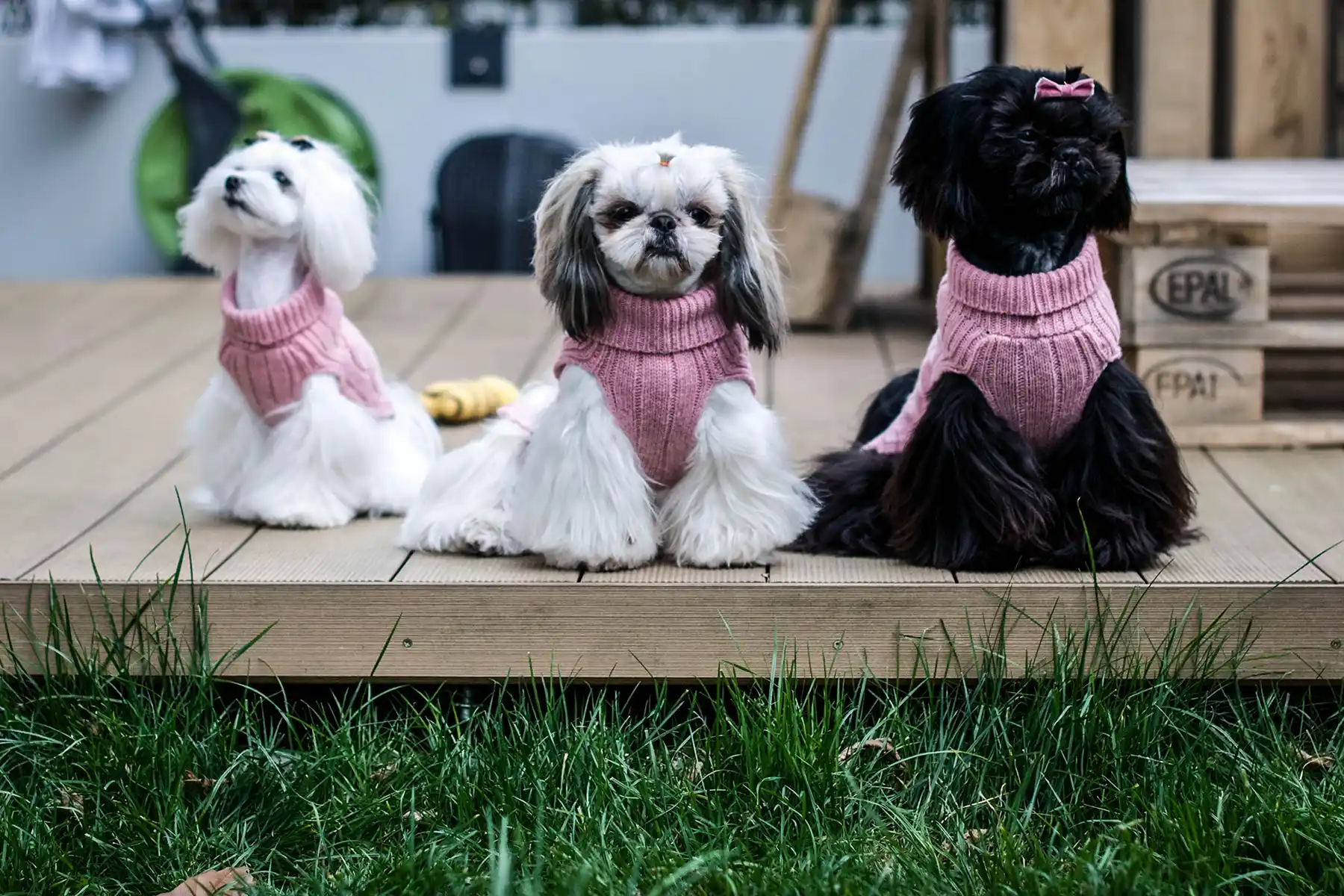Snoring dog
Does your four-legged friend occasionally snore while sleeping? Maybe the situation looks a bit more serious. During the night, your pet can almost wake you up with his snoring. If so, then you definitely need to know the reason for this behaviour and how to deal with this problem.
There are several answers to the question of why the dog is snoring. Much depends on the dog’s breed, age, health and lifestyle. In most situations, you can help your pet combat snoring.
How does the dog snore
The body structure of dogs means that during sleep, like people, they can make a sound called snoring. This is due to the unevenness of the airflow in the dog’s respiratory system during the night.
During sleep, a blockage forms between the nose and the trachea. The air, which has a difficult flow, results in a characteristic sound called snoring.
Each pooch will snore in his own way. The intensity of the sound produced depends on the pooch himself but also on the degree of his problem. That’s why your pet may be snoring so quietly that you haven’t experienced it at all.
However, there are cases when the dog’s snoring is so loud that it does not allow us to fall asleep at night. Then what?
Why does the dog snore?
There are several reasons for pooch’s snoring. Not all of them are a symptom of a dog’s health problems. Some result only from the age of the dog or are the result of a busy day.
If your pet’s snoring becomes really disturbing, you will need to consult a specialist.
Your dog’s snoring may be caused by his overweight
Very often cause of snoring is being overweight. Too high dog’s body mass causes that his respiratory tract is subjected to too much pressure. In this situation, it is not snoring itself that is a disease, but it is only the result of another, more serious problem.
If the pooch suffers from excess weight, he often struggles with snoring during sleep. In this situation, wanting to deal with this problem, we can only try to improve the health of the dog.
Remember that a dog’s obesity is a disease and snoring is just one of its negative effects.
Air quality also affects your pet’s snoring
The environment in which the dog sleeps is very important and affects the quality of sleep. Too dry air in the room can make the dog snore.
We can easily observe this during the winter. The heating season means that the air in the house has a significantly reduced humidity level. We are able to solve this reason of doggy’s snoring quite easily.
An air humidifier will work great in this situation. Placed in a room where your pet is sleeping, it should effectively help solve the problem. In addition, the frequent airing of the house will also be helpful in this situation.
Dog snoring can also be affected by dust in the room where the dog’s bed is located. If this is a place where dust accumulates extremely quickly, even because of a busy street outside the window, it can negatively affect the quality of sleep. In this situation, it is recommended to use an air purifier.
Dog’s body build is not without significance
Unfortunately, for some pooches, snoring is a result of the specificity of their snout’s structure. Most often, we can observe this problem in dogs with a flat muzzle. These include, but are not limited to, pug, French bulldog or Pekingese. In these dog breeds, snoring during sleep is very common.
Due to the fact that the reason lies in the physiology, unfortunately, we are not able to deal with this problem completely.
Diseases that cause dog snoring
Snoring also occurs due to the dog’s diseases. This applies to the temporary weakening of the pooch’s health. While the pooch has a cold, he has a runny nose. Then it is very likely that he will snore while sleeping.
This condition also accompanies dogs suffering from more serious diseases. This applies, among others, to dogs with a problem centred around the soft palate. When its structure is not in the commonly accepted norm, it is highly likely that it is the main cause of the dog’s snoring during sleep. Only surgery can help in this situation.
It is worth mentioning that snoring may also be the result of taking some medicines by the dog. Medical measures can contribute to the narrowing of the dog’s airways, which makes the breathing process difficult.
Pet’s age and his snoring
For many dogs, snoring also comes with age. This is due to the general fatigue of the body, the weakening of its full fitness. This is the most normal phenomenon when we have a senior dog.
When a pet’s snoring should bother you
When is it worth going to a specialist with a snoring problem? First of all, when it does not result from the pooch’s physique.
For dogs with a short muzzle, snoring is almost the norm and unfortunately in this situation, the help of a veterinarian is of little use. However, when we observe that our pet began to snore day by day, the situation becomes more serious. If the cause is not a pet’s cold or too dry air then we should go to the vet for a checkup.
In this situation, do not ignore the dog’s snoring because it may be the result of a disease of which you did not know.














